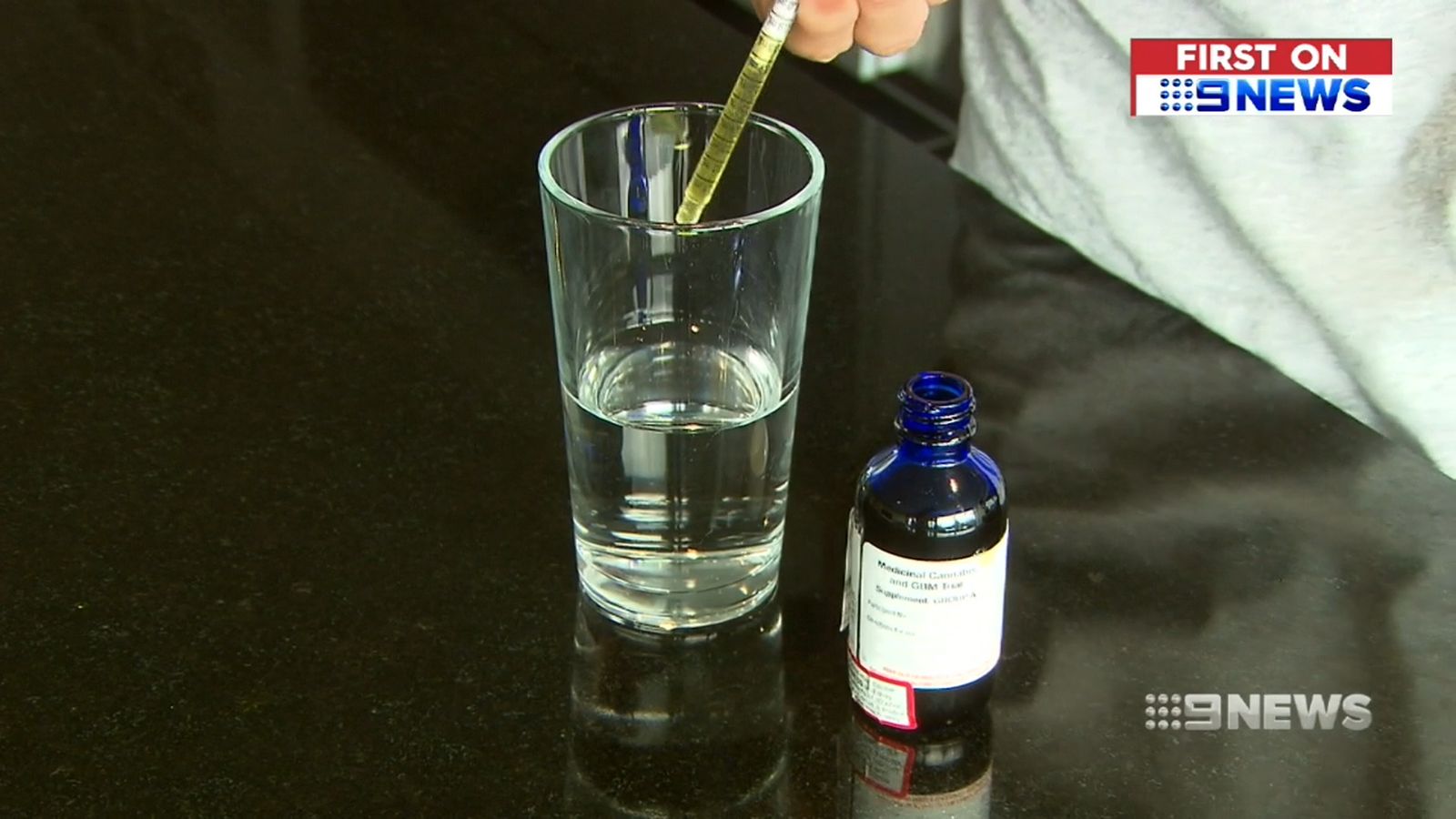Australian researchers launch study to test cannabis as potential treatment for brain cancer
- Leading Australian researchers hope to find a treatment for Glioblastoma (GBM) using medical cannabis rather than chemo or surgery
- GBM is the most common type of malignant brain tumour in the UK
- 82 participants will be given a daily dose of high THC cannabis oil over a 3 month period
A leading Australian neurosurgeon is teaming up with a nutritional supplement company in a world-first trial to test whether medical cannabis could be used to treat aggressive brain cancer.
Professor Charlie Teo and BioCeuticals are leading the clinical trial, which is examining if the cannabinoids, particularly THC, could help ease symptoms and even possibly slow cancer growth in sufferers of Glioblastoma, or GBM.
GBM is the most aggressive cancer that begins within the brain.
Initially, signs and symptoms of glioblastoma are non-specific. They may include headaches, personality changes, nausea, and symptoms similar to those of a stroke. Eighty-two Australians aged 19-70 with GBM will be participating in the study.
Each participant will be administered a daily oral dose of cannabis oil with high percentages of THC.

Brain scans will be taken of each participant throughout the three-month study, to see if there’s any impact on tumour growth.
Patients must continue their conventional treatment throughout the trial.
Discussing the study, Belinda Reynolds from BioCeuticals told Australian news channel, 9News:
“The product that we are using in the trial is an organic, whole plant extract which is taken orally as an oil.
“One of the main improvements that we’re hoping to see is reduction in that nausea so they feel less ill and also an improvement in appetite which can ultimately help with reducing that weight loss.
“One of the main improvements that we’re hoping to see is reduction in that nausea so they feel less ill and also an improvement in appetite which can ultimately help with reducing that weight loss.”
– Belinda Reynolds, BioCeuticals
Professor Teo added:
“To be a realistic we are looking at a treatment that may offer people some benefit.
“It is the most aggressive of all cancers known to mankind and has a terrible prognosis.”
While the researchers are not expecting, or promising, a cure for cancer, one of their central aims is to find supporting evidence for claims that medical cannabis can indeed be used in the treatments of cancer.
They also hope to offer patients some relief from this devastating disease.
GBM is the most common type of malignant brain tumour, with around 2,200 cases diagnosed each year in England, and about 1,000 Australians are diagnosed with GBM each year
This research could potentially help thousands of people avoid dangerous surgical procedures and chemotherapy, which are currently the only options currently available for patients.
